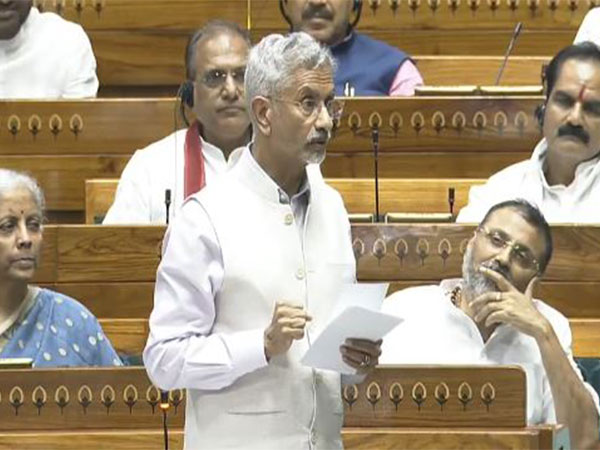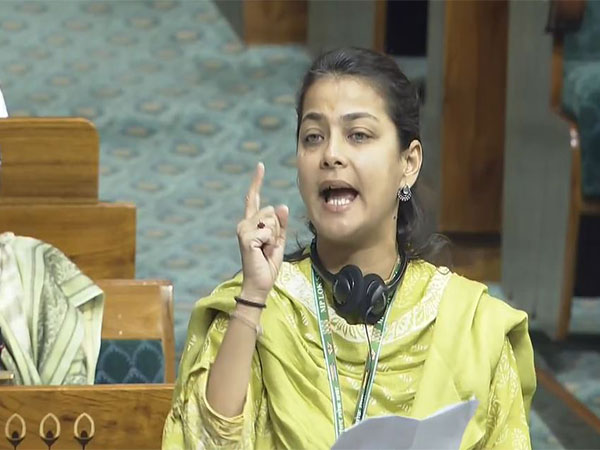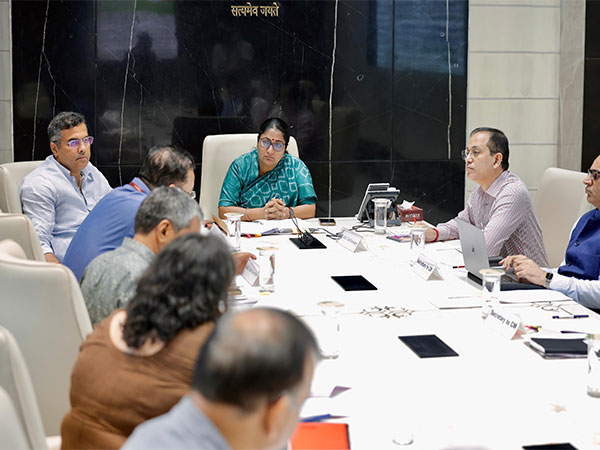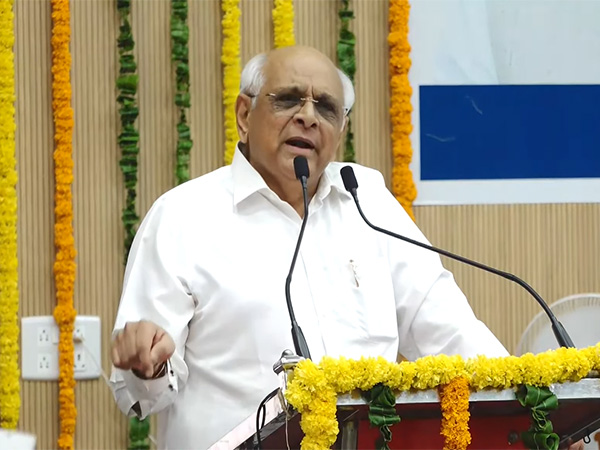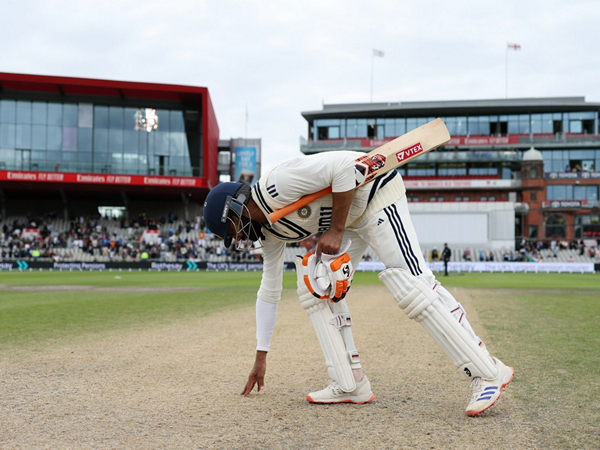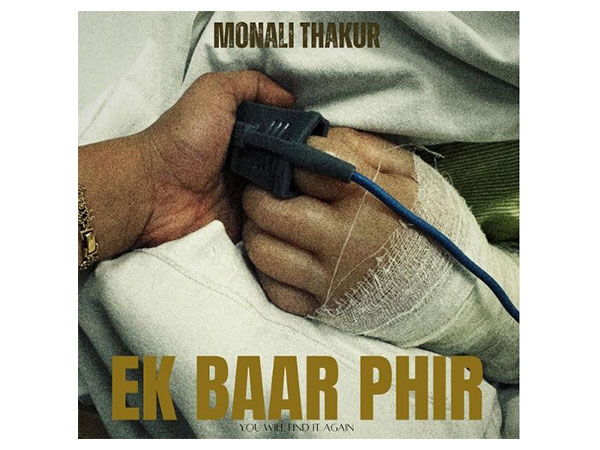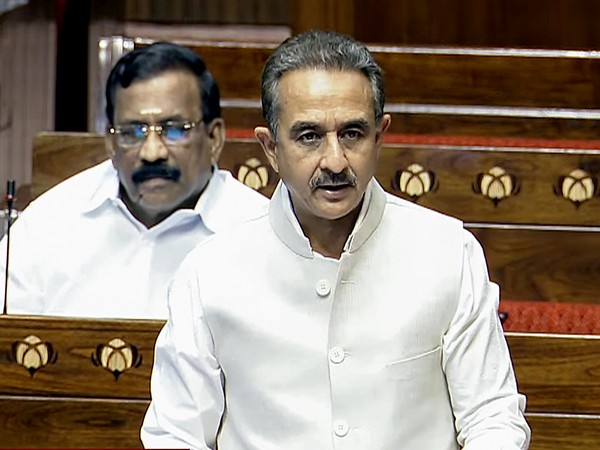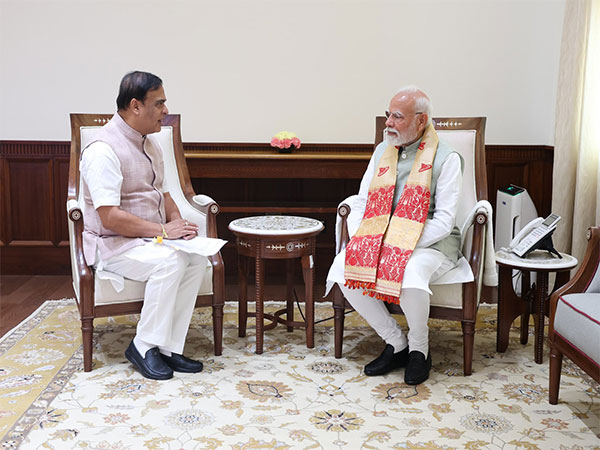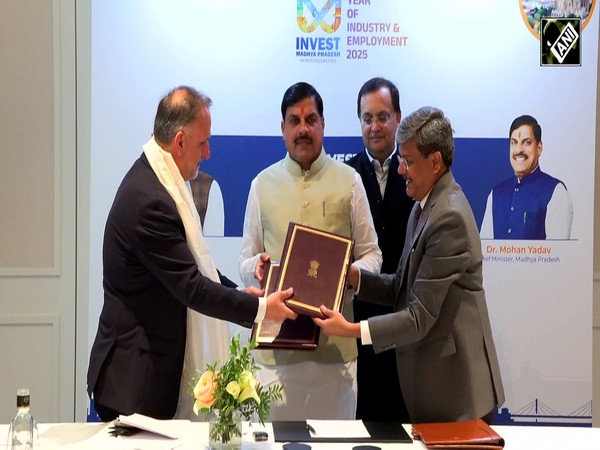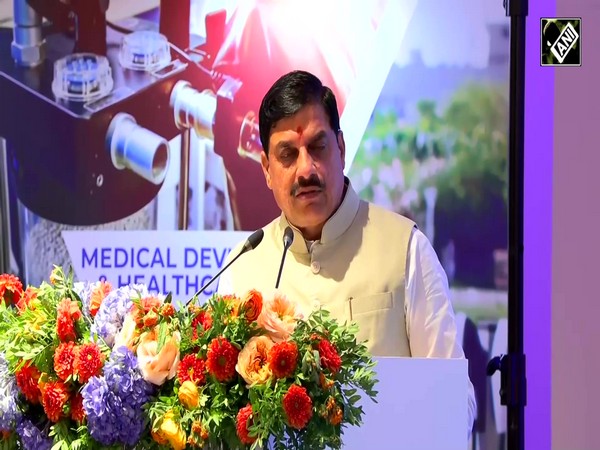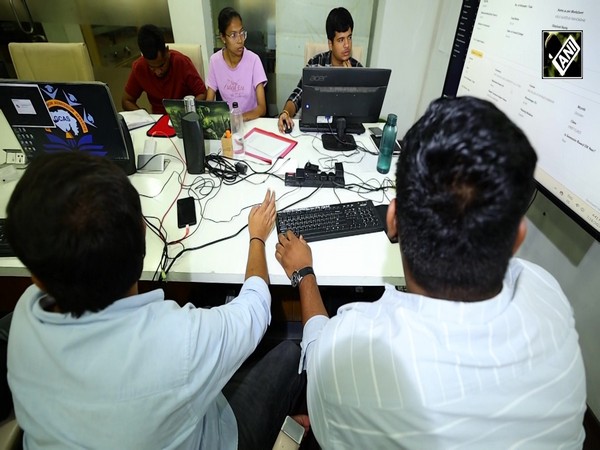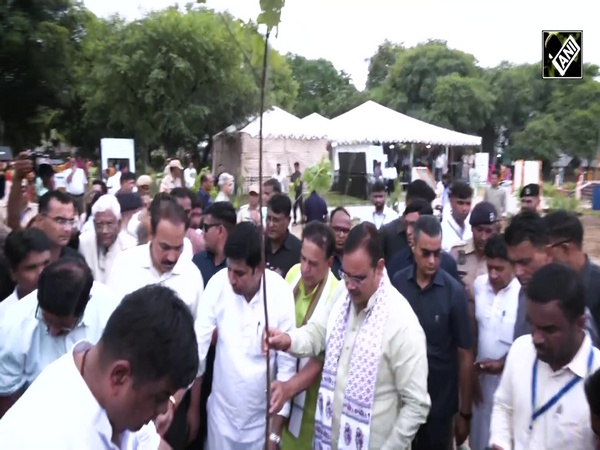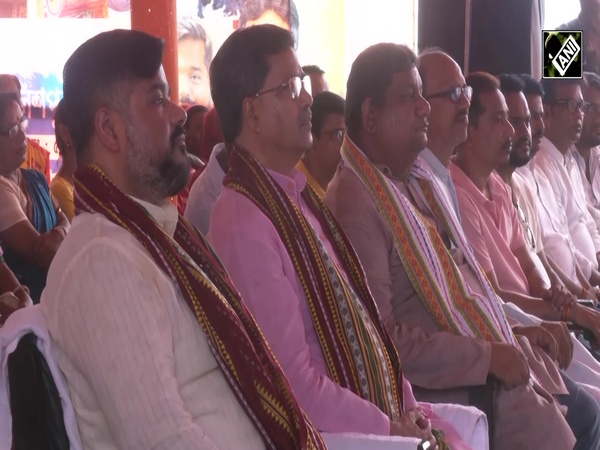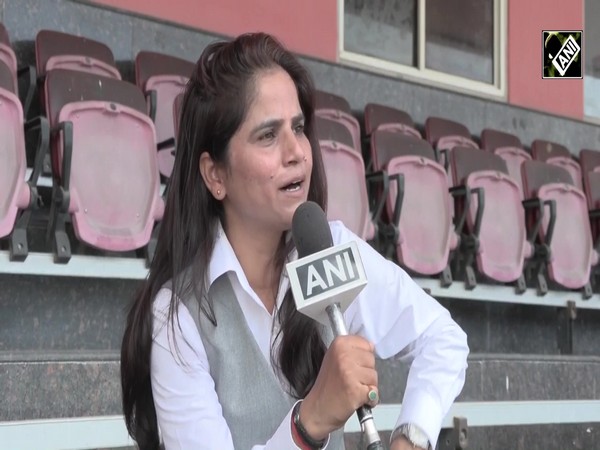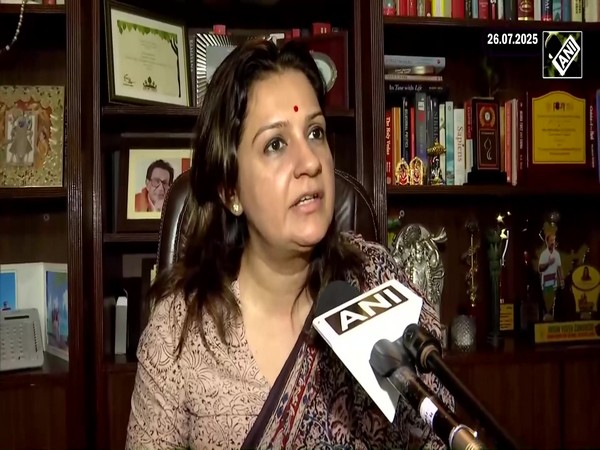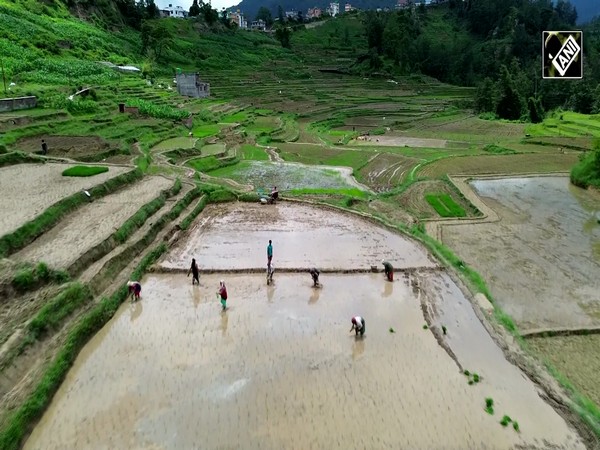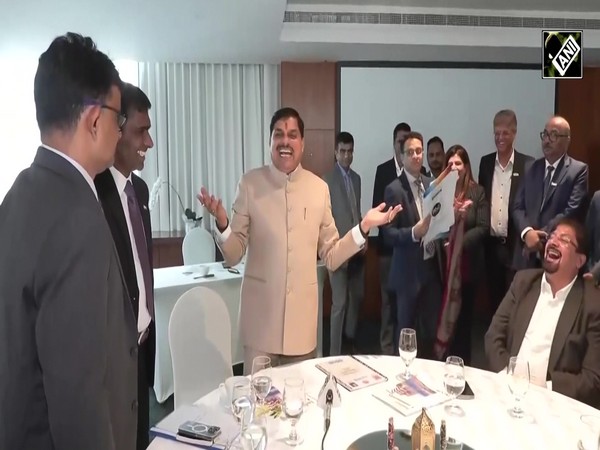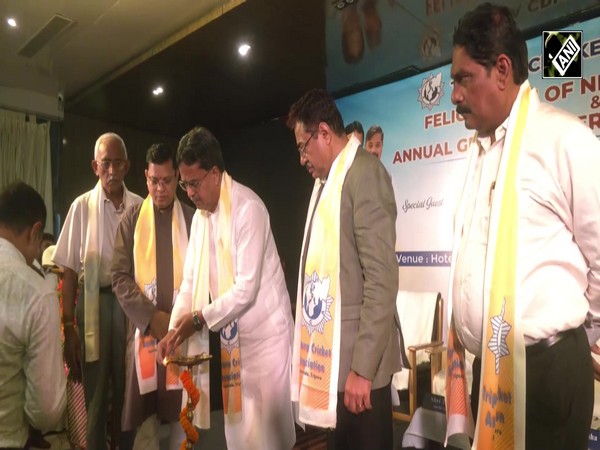Minor rape victims will get financial, medical assistance from Women and child development ministry
Jul 03, 2023

New Delhi, [India], July 3 : Minor rape victims who got pregnant and were abandoned by their families will get financial as well as medical assistance from the Ministry of Women and child development.
The Ministry said, the "Scheme for critical care and support for accessing justice to rape/gang-rape survivors and minor girls who get pregnant" was appraised at the total cost of Rs 74.10 crore under the Nirbhaya fund.
The scheme aims at providing shelter, food, daily needs, and safe transportation for attending court hearings and legal aid to the minor girls who have been abandoned by their families due to forced pregnancy, either due to rape/gang rape or due to any other reason, and have no other means to support themselves.
The sources said that four thousand rupees monthly will be given to those victims who have been abandoned by their families. Assistance to POCSO victim: If she doesn't want to keep the child, she can give the child up for adoption. Medical assistance can be provided as desired by the victim. The person in charge of the Home shall provide a separate safe space for the girl child as her needs are different from other children residing in the Home.
Union Minister for Women and Child Development Smriti Irani said, "Recognising the physical and emotional trauma, a minor victim of rape and aggravated sexual assault undergoes and in circumstances when such customs of rape become pregnant, we in the ministry have decided to provide medical infrastructural support apart from financial support, such minor victims are in need of under the aegis of Nirbhaya scheme."
She further added that the Ministry has additionally leveraged the administrative structure of mission 'vatsalya'.
In collaboration with state governments and childcare institutions to actualise this support to minor victims on the ground.
It is known that the government of India has accelerated access to justice for minor victims of rape by establishing 415 POCSO fast-track courts in the country. This additional support which will be available in CCIs upto the age of 18 and upto the age of 23.
The objective of this scheme is to provide integrated support and assistance to girl child victims under one roof; and to facilitate immediate, emergency and non-emergency access to a range of services including access to education, police assistance, medical (also comprising maternity, neo-natal and infant care), psychological and mental counselling legal support, and insurance cover for the girl child victim and her new-born under one roof to enable access to justice and rehabilitation of such girl child victims.
The eligibility criteria are any girl below the age of 18 years, who is a victim of Penetrative Sexual Assault - Section 3 of the POCSO Act, Aggravated Penetrative Sexual Assault - Section 5 of the POCSO Act, Section 376, 376A-E of Indian Penal Code, 1860 (IPC).
Any girl who becomes pregnant due to such assault or rape is covered under the Scheme. Such a girl child victim should be: An orphan, abandoned by the family, or does not wish to live with the family.
It is not mandatory for the girl child victim to have a copy of the FIR for availing of the benefits under the scheme. However, it shall be the responsibility of the persons responsible for the implementation of the scheme to ensure that information is provided to the police and that FIR is registered.
In the year 2021, the National Crime Records Bureau reported 51,863 cases under the POCSO Act. Out of these, 64 per cent (33,348) cases were reported under sections 3 and 5 (penetrative sexual assault and aggravated penetrative sexual assault respectively).
Further analysis of this data shows that out of a total of 33,348 cases reported under sections 3 and 5 of the Act, 99 per cent (33,036) cases were committed against girls. In many of these cases, girls become pregnant and bear several physical and mental health concerns, which are further aggravated when they are disowned or abandoned by their own families or are orphans.
